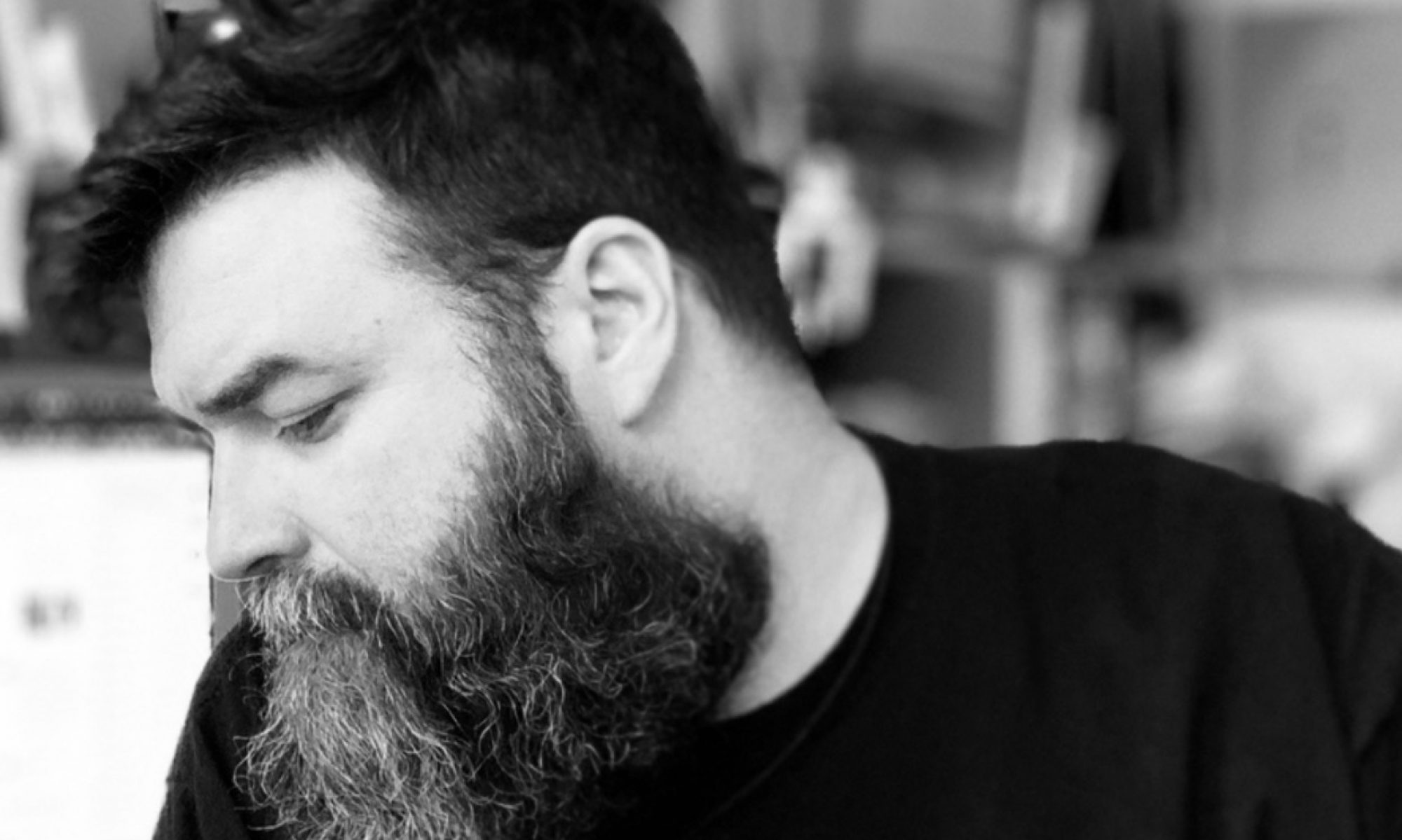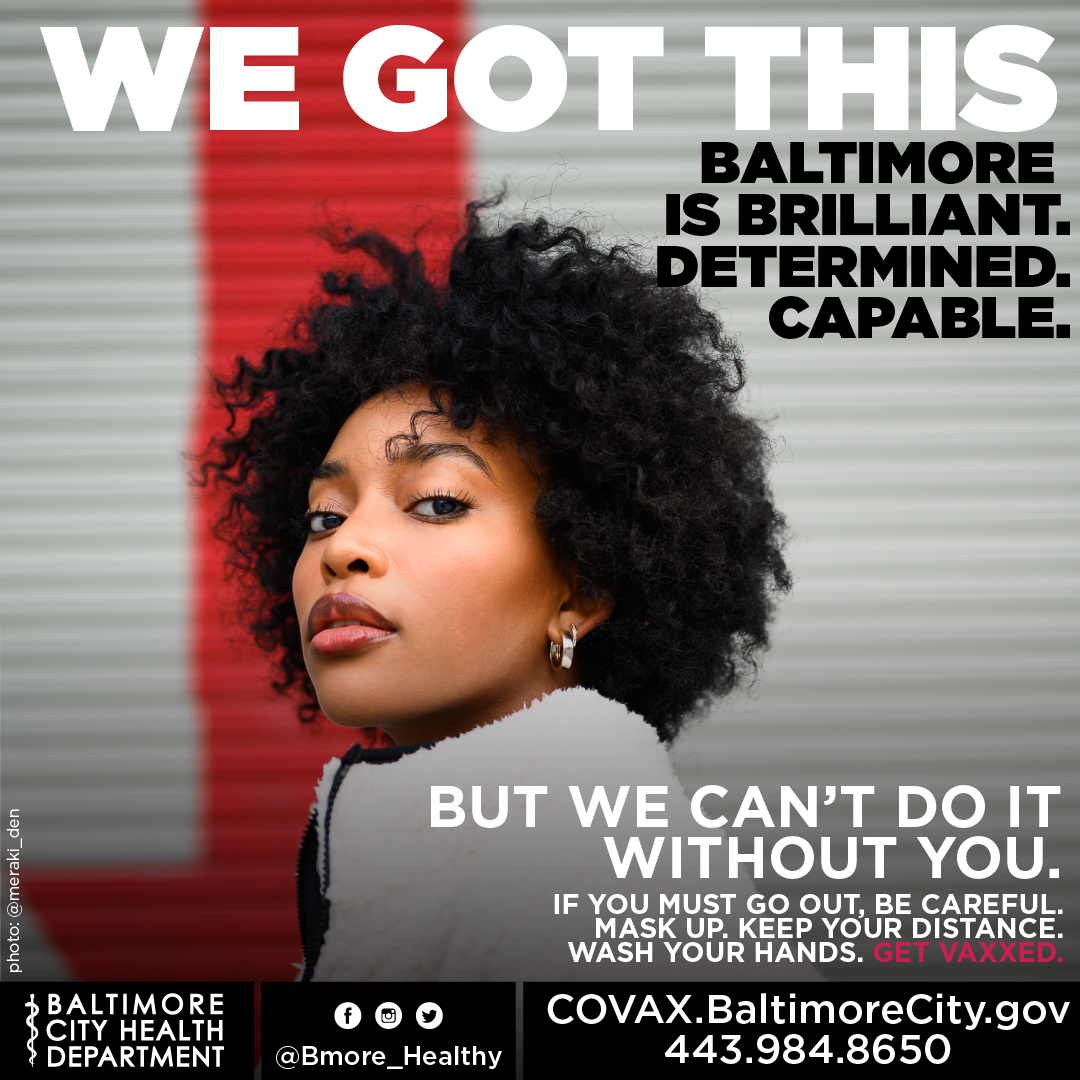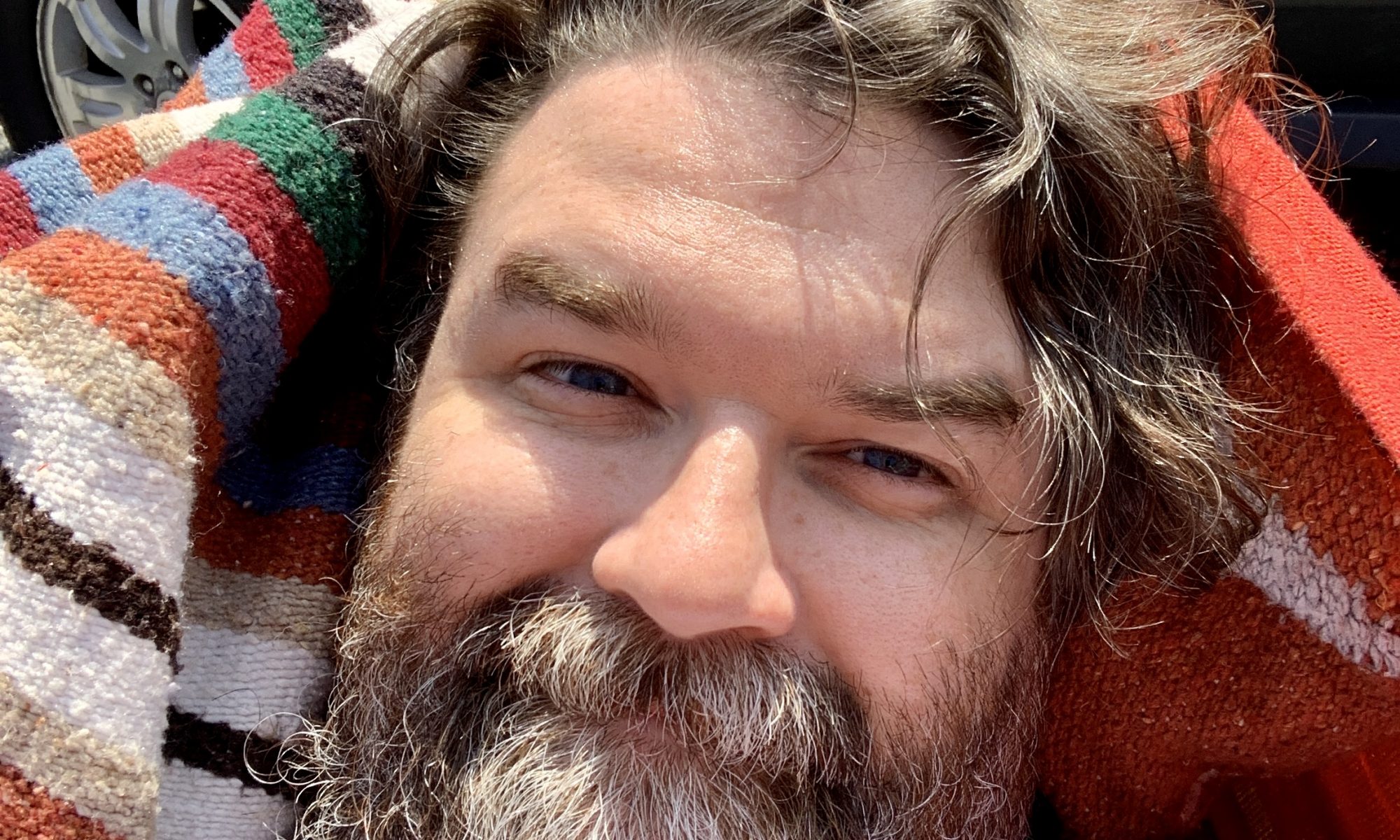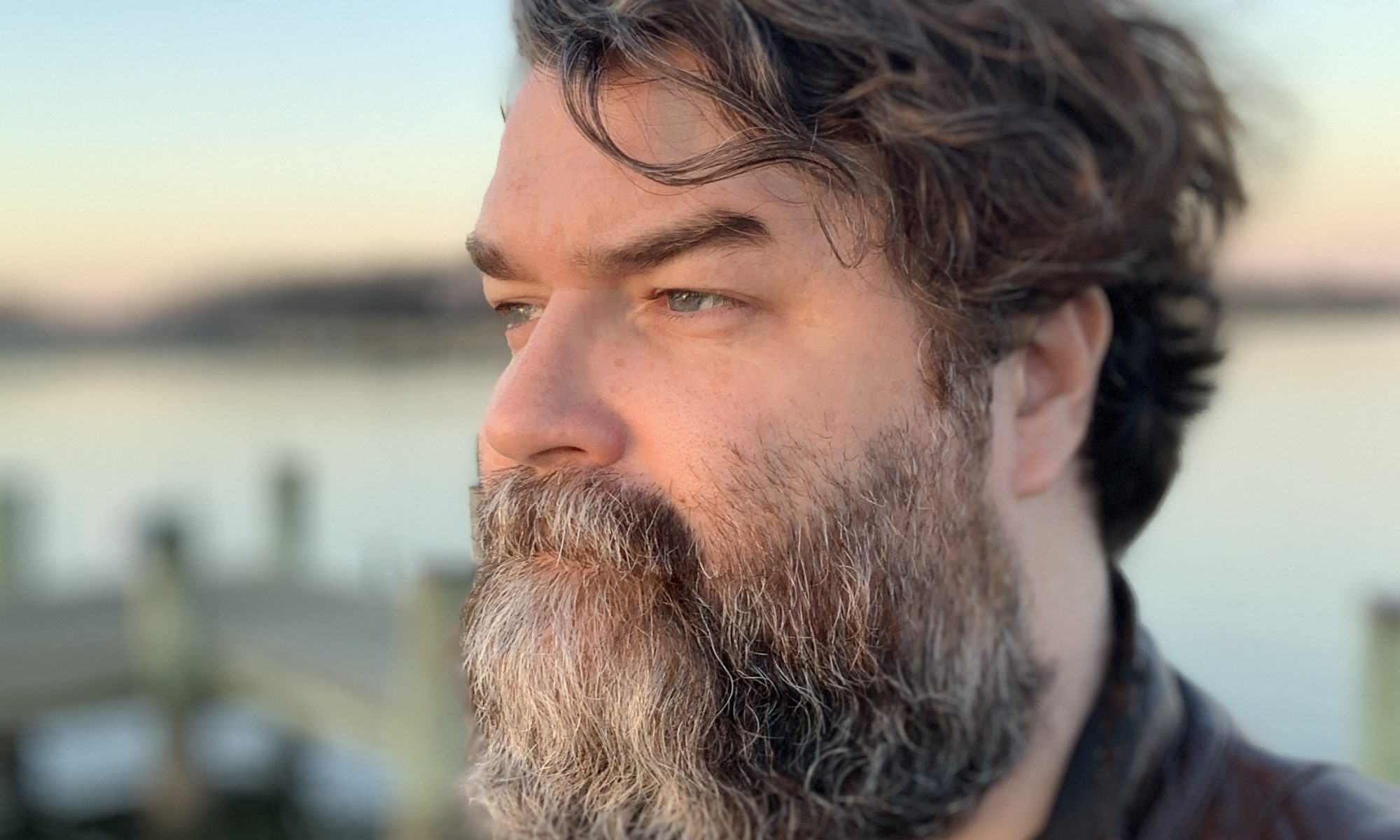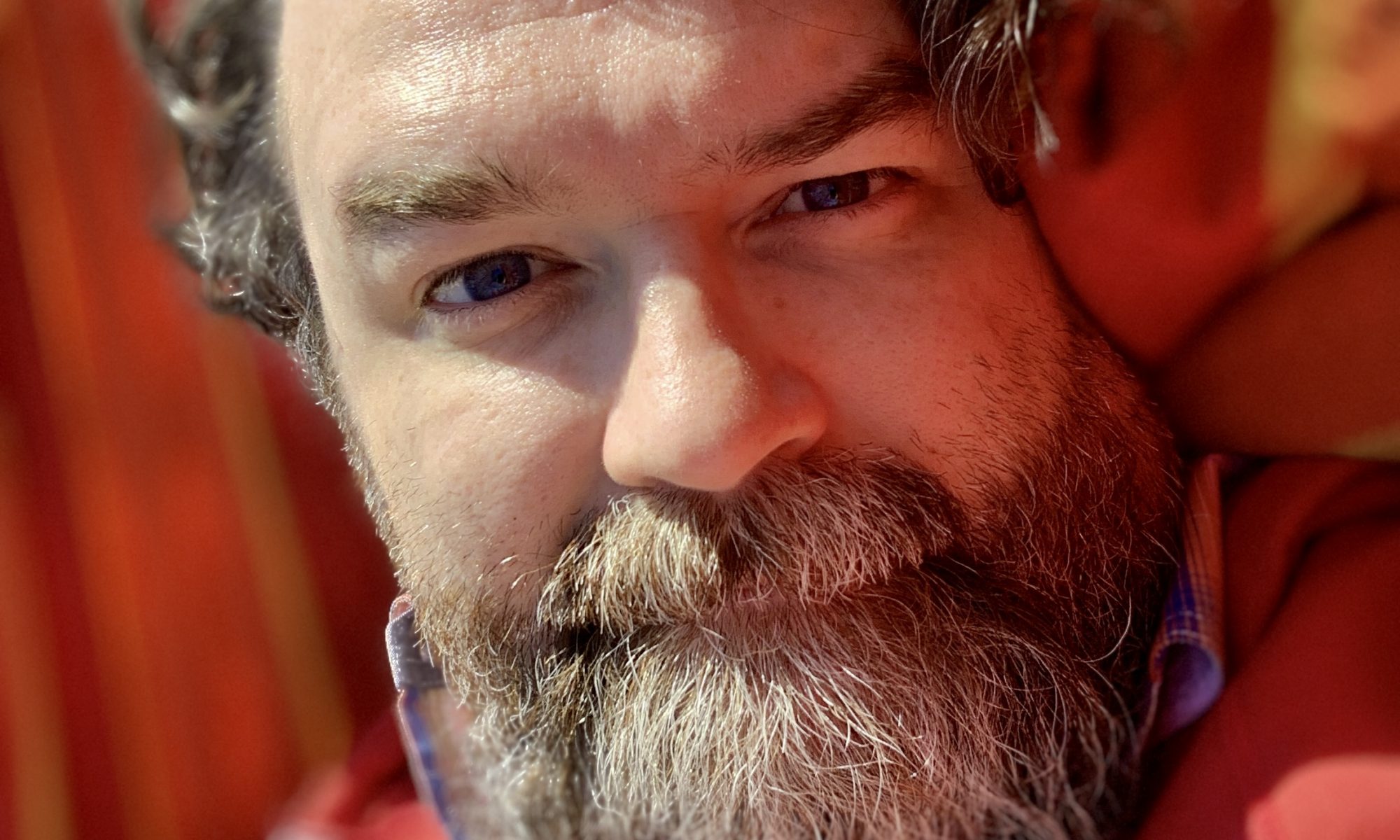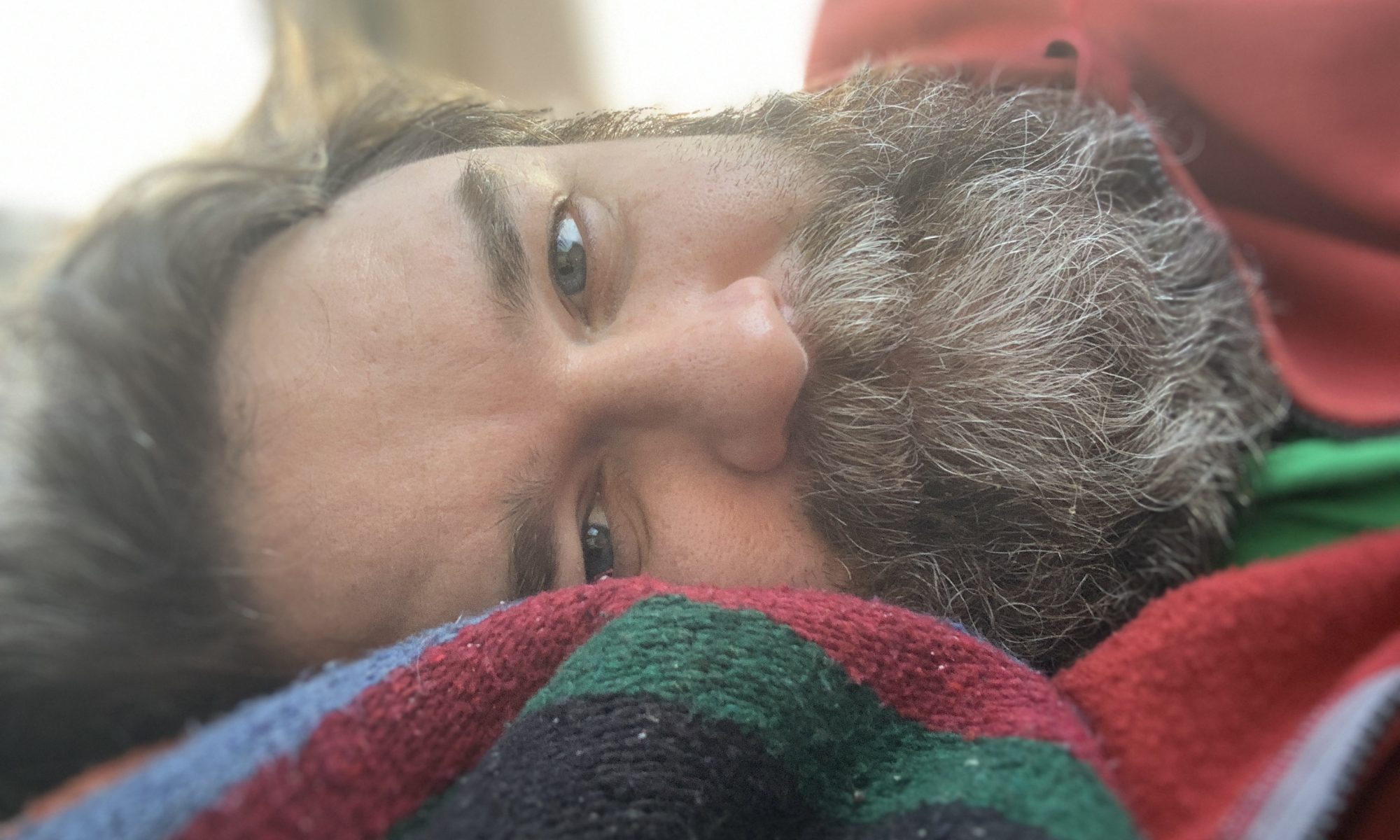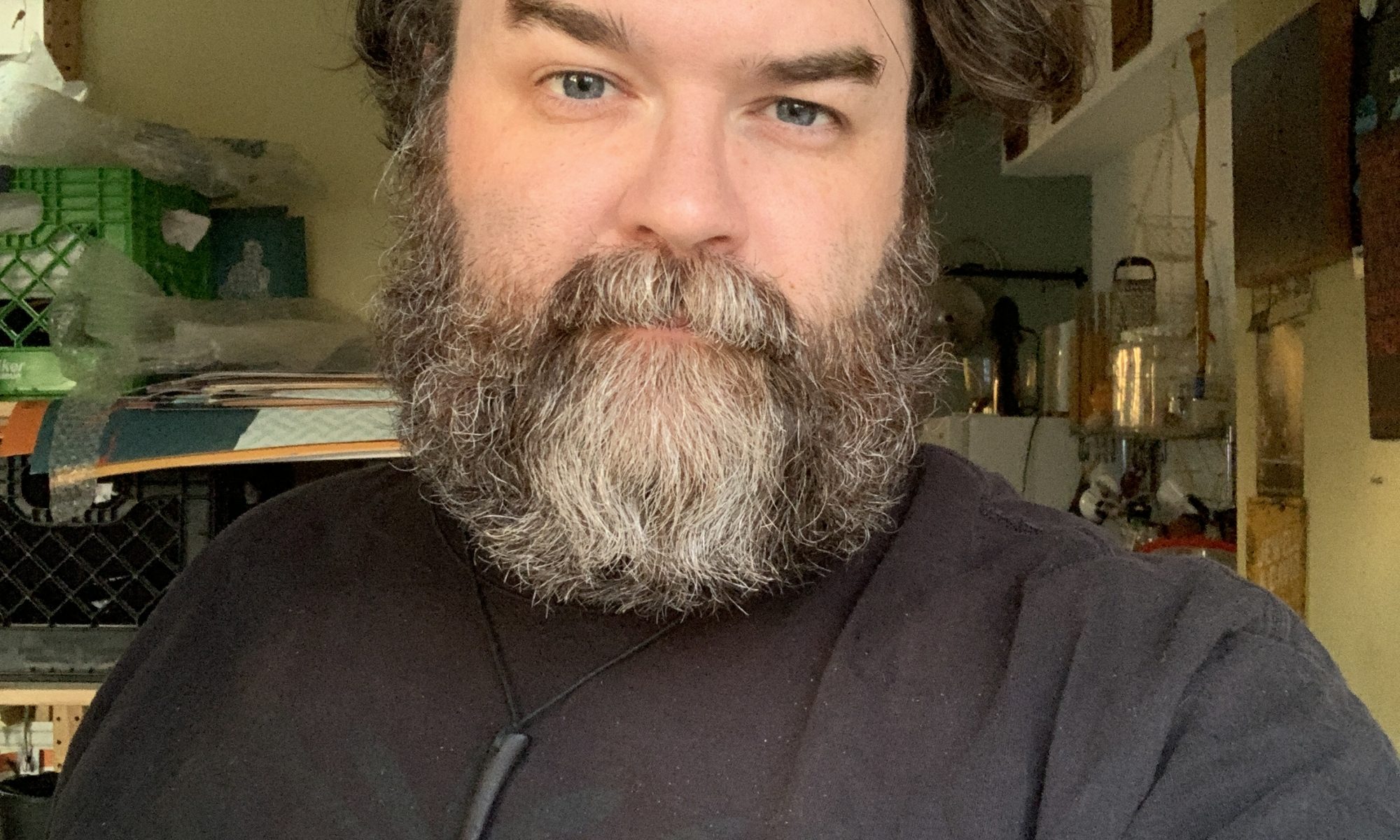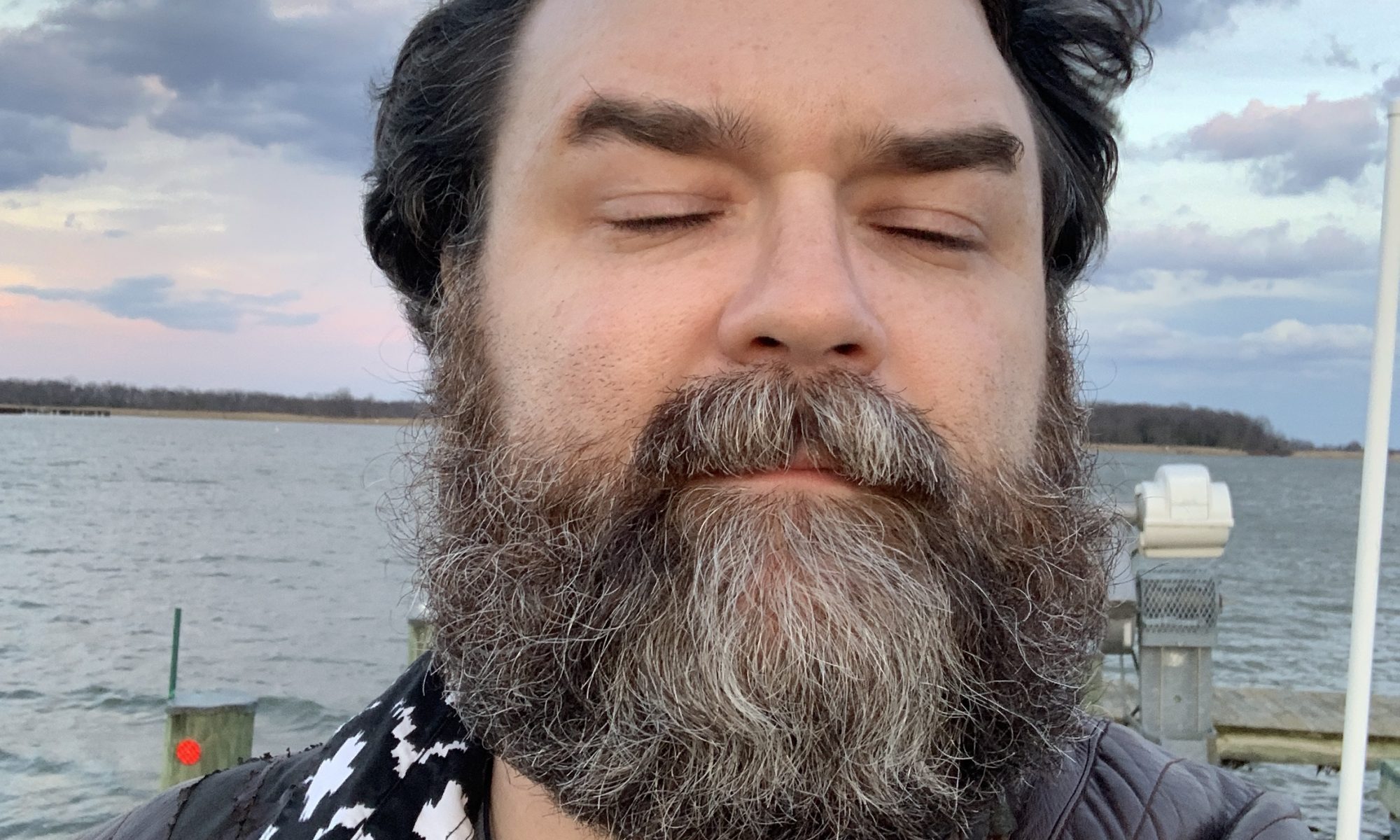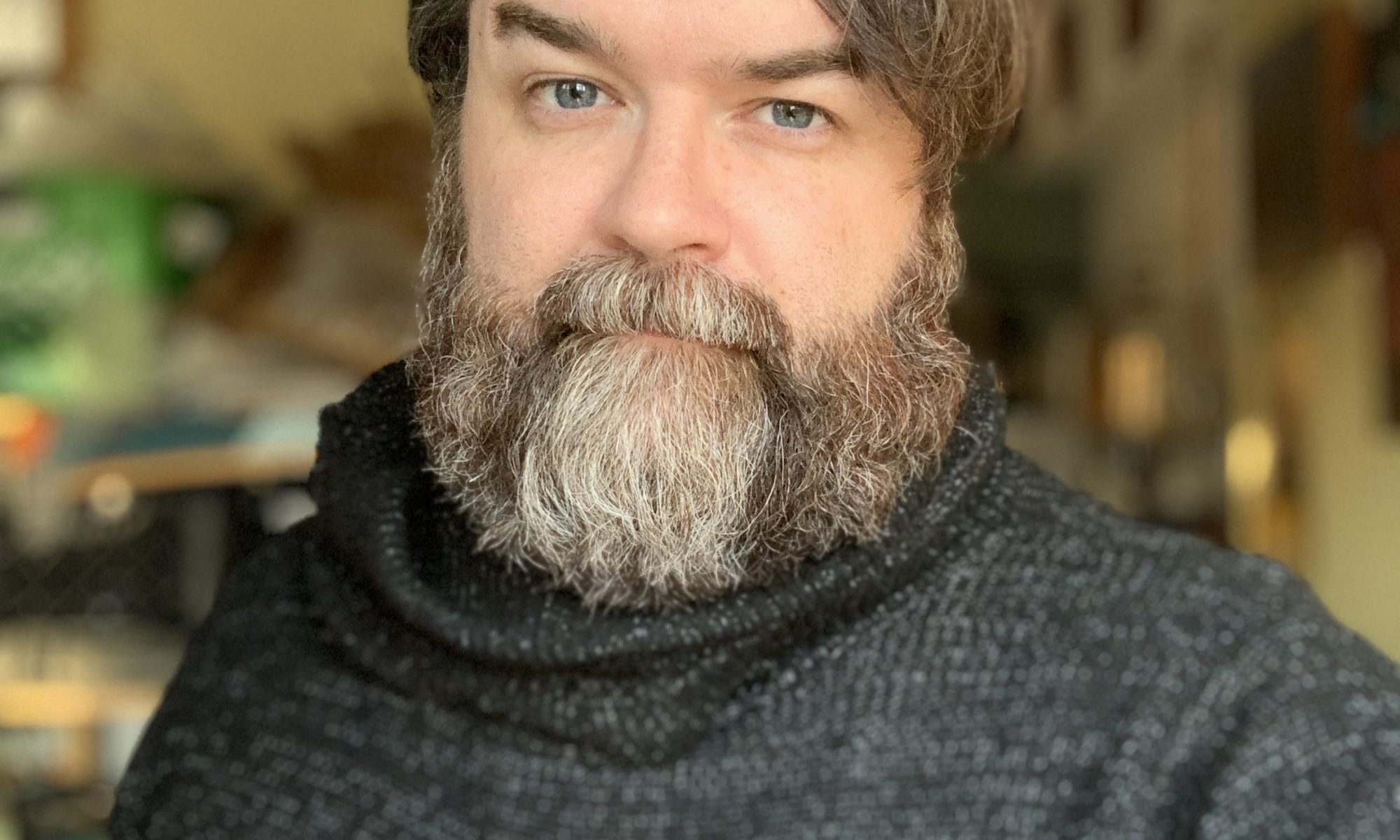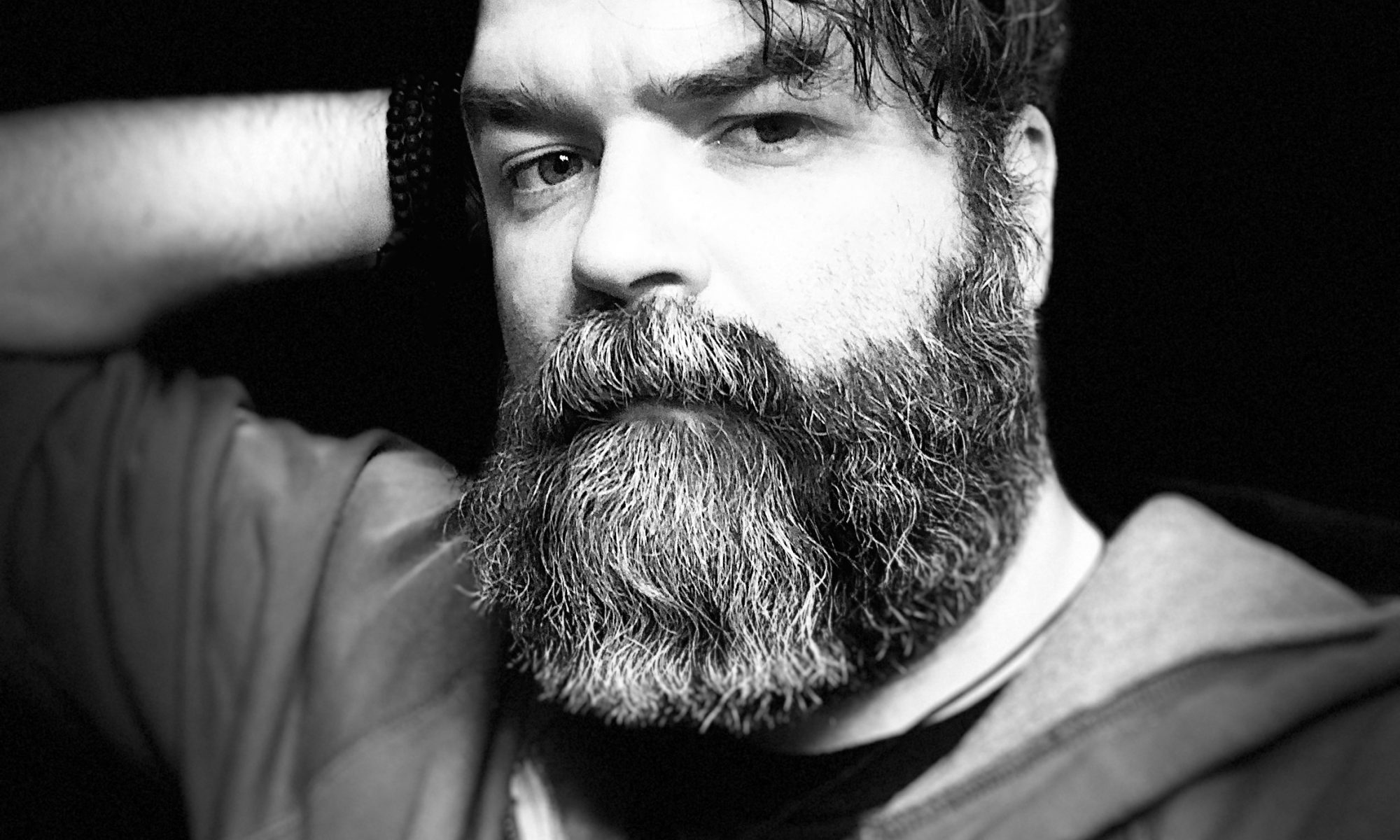The Baltimore City Health Department prides itself on being the oldest health department in the nation, having been around since 1793.
But you wouldn’t think of them as old if you follow them on Twitter.
In the past week, @BMore_Healthy has been racking up praise — and calls for a pay raise — for its expert use of memes, gifs and epidemiologist-approved graphics to share the latest public health information and encourage Baltimore residents to get the COVID vaccine.
Most importantly, people love their clapbacks.
“There wasn’t a particular quote, there wasn’t a particular tweet, but I think we just got tired of the anti-vaxxers,” said Adam Abadir, director of communications in the department.
After a tweet from a recent social media campaign picked up traction among anti-vaxxers, Abadir and Benjamin Jancewicz, a social media consultant with Zerflin, logged into Twitter last week to see the health department’s mentions filled responses from anti-vaccine trolls, most of whom did not appear to live in the city, they said.
“There was just a mountain of people who had decided that they were going to spend their weekends arguing with a health department and being devil’s advocates for a parasitic viral organism,” said Jancewicz. “When we woke up and we saw that pile of stuff, we’re like, ‘Why?’”
The two emphasized that they weren’t against people who were cautious or hesitant about getting the vaccine — in fact, they said they’ve spent most of their time on social media answering people’s questions about the vaccine and working to address their concerns.
“But to be out here and telling people to not get vaccinated, and that the science isn’t what it is… you can’t come to Baltimore doing that,” said Jancewicz. “We’re not gonna be anyone’s punching bag.”
So far, the new approach to social media seems to be working, the two said. In the past few days, they’ve gained almost 1,000 followers, and with more people paying attention to their content, have been able to more widely advertise walk-up vaccination clinics in the city.
“At the end of the day, our job is to promote science and public health. The more people who see and hear about us, the wider the audience we have to provide those messages,” Abadir said.
Jancewicz noted that being responsive to trolls not only gets them a lot of engagement on social media but also encourages people to be more vocal with their public health questions.
“We have found that on all social media, Facebook, Twitter, Instagram, and Reddit, that when we have started to respond with humor and to be more authentic with our responses, that a lot of people are like “Hey, that’s hilarious — I had a serious question, what about this?’” said Jancewicz.
The department’s social media presence encompasses more than just the Twitter memes that people have appreciated.
Last week, Health Commissioner Dr. Letitia Dzirasa hosted an Ask Me Anything on r/Baltimore, the subreddit for the city, answering questions about the vaccine and her plans for the department post-pandemic, but also a few about herself, including what her favorite sneakers were.
“In general, across social media, what we’re seeing is increased engagement, because people are responding to, not some of these canned responses, but I think people are tapping into the fact that real people are running these social media accounts,” Abadir said.
Abadir and Jancewicz said the key to their new approach to social media is authenticity, and part of that has come from taking cues from Mayor Brandon Scott’s presence on social media.
Scott, who’s gone viral on Twitter more than once since being sworn into office, has paved the way for city agencies to be more creative on social media, Abadir said.
In fact, it was Scott’s “Shorty, pull your mask up,” comment at a news conference that inspired its own social media campaign from the health department.
“I remember walking around Baltimore City after the fact and hearing other people say ‘Shorty, pull your mask up,’ when they saw people dropping it,” Abadir said.
Abadir said the department had gotten questions for weeks about how to have conversations with people who weren’t wearing masks, or weren’t wearing them properly.
One of the health department’s goals during the pandemic has been to provide people with the framework to have difficult conversations, whether it was about wearing masks at the beginning of the pandemic or about getting vaccinated in recent months, Abadir said.
“What we realized is, when ‘Shorty, pull your mask up’ came out, that meant that some folks who had that question now had an answer,” Abadir said.
The health department is trying be as authentically Baltimore as it can be, Abadir and Jancewicz said, both in its more serious public health messaging but also with its funny tweets.
“Baltimore is a city that has honestly been through a lot at different points in its history. And the way that it responds to those kinds of things is by binding together, making sure that we all take care of each other, and with humor,” Jancewicz said.
“The pandemic is a really difficult trial for Baltimore to come through. And so to speak with humor, and to speak with that kind of authenticity and to speak with that kind of, ‘We’ve got each other’s back,’ is who we are as a people, is who we are as a city. And as the Baltimore City Health Department, we’re just trying to reflect that.”
